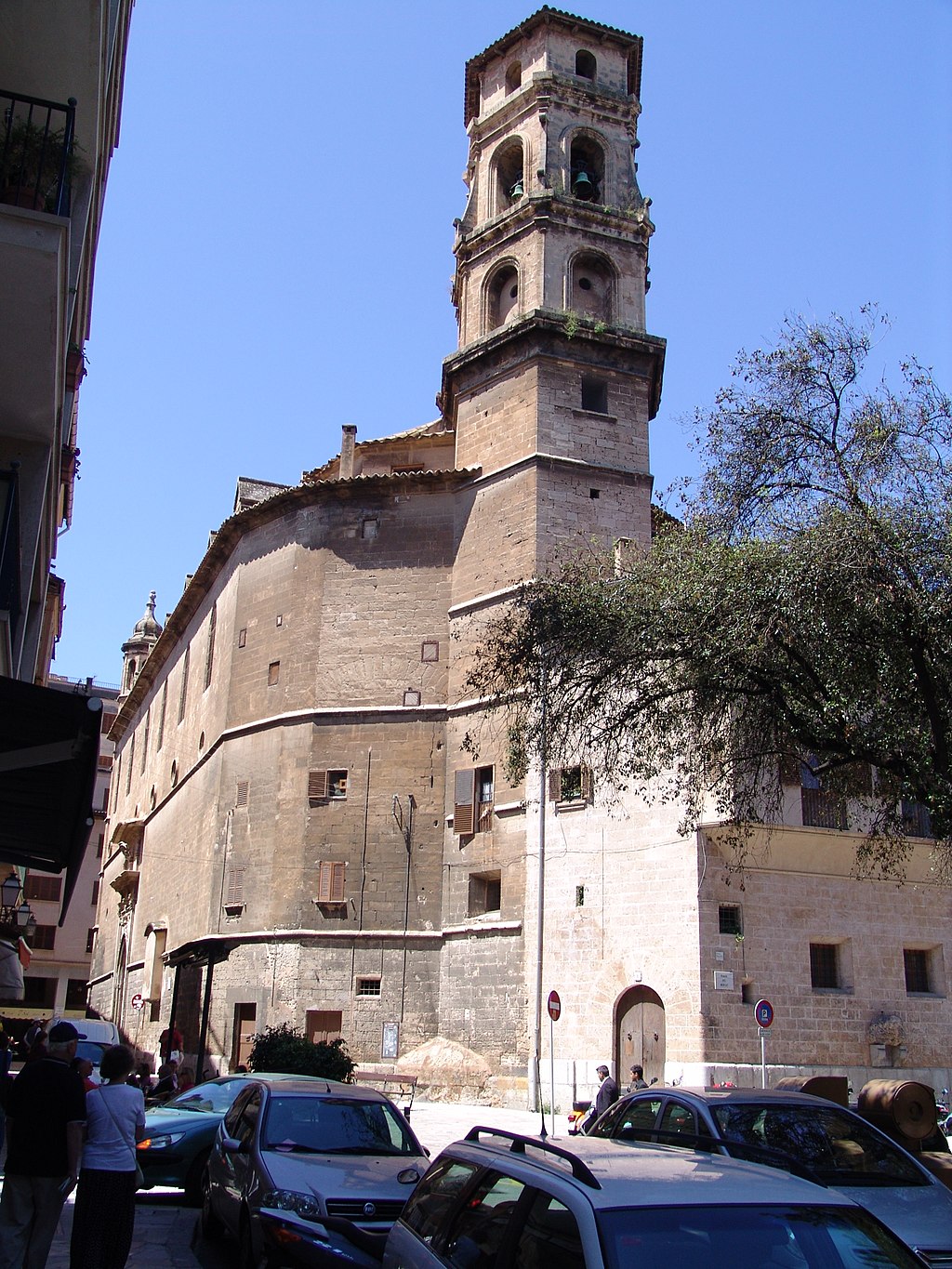Overall Score
Palma de Mallorca or Palma de Mallorca is the political and economic center of the Balearic Islands. The history of the city began in the age of antiquity, when the Romans landed on the islands and founded several camps. Gradually different merchants and traders began to settle around the fort to satisfy all the needs of the campers. Many of the soldiers also settled nearby when they finished their service. An important role was played by the fact that the city was a transit point on the sea route between Italy, Spain and Africa.
After the collapse of the Roman Empire, the island and the city belonged to the Nazis for a time, but in the 8th century the Arabs settled there. Thanks to them, Palma de Mallorca became one of the largest seaports of the Orders caliphate, as well as the center of trade and manufactures of textiles. After the fall of the Caliphate, the Balearic Islands were an independent state, one of the centers of which was Palma de Mayorka. The local inhabitants were actively engaged in piracy.
In the course of the Reconstructionists, the city was taken in 1229, after a three-month siege. After the conquest, the city underwent a period of growth, unfortunately soon interrupted by an inept successor of the ruler, who had fought a number of important battles. Since then, Palma de Mallorca has been a typical Spanish town. Life burst forth in the early nineteenth century, when many Spanish refugees fled the French invasion.
In the twentieth century, the city developed on the tourist pillar, becoming a real Mecca for vacationers. This is due to the beautifully equipped beaches, the wonderful nature and climate, as well as the many remarkable monuments of history and archaeology. Among these, the most remarkable is the Bellevère Castle, an exceptional structure built for Chaimé II. The many miscellaneous mundane streets and houses are inspired by the atmosphere of bygone times and provide a glimpse into the lives of townspeople from several centuries ago. The citys jewel is the Cathedral of La Céuse, which took three hundred years to build. It impresses with its grandeur and ancient architecture. This cathedral houses the tombs of several kings of Spain, and the most important relic is the Holy Cross Chapel.
Overall Score
- Air quality: 30 US AQI Good. Air quality is satisfactory, and air pollution poses little or no risk.
- Tap water: Yes, safe to drink
- Religious government: Non-religious
- Population: 410,000 people
- GDP: $26,695 / year
- Foreigners can own real estate: Yes
- Power outlets: 230V50Hz

- Internet: 32 Mbps
- Best wireless: Tuenti Mobile
- Pay without cash: Yes, cards OK almost everywhere
- Tipping: Tipping in Spain may not be considered customary, but there are certain places when it’s acceptable to leave a few coins. A good rule of thumb is to skip the tip at cheaper restaurants and leave up to 10 percent when service exceeds expectations in upscale dining establishments.
- Apartment listings: Idealista
- Apartments: Airbnb
- Hotels: Booking.com
- More hotels: Hotels.com
- Best taxi: Uber
- Best coworking space: Big Bang Coworking
- Online electronics shop: Amazon
- Best hospital: Juaneda
- Best short-haul air carrier: RyanAir
- Best intl air carrier: Iberia
- Monthly costs for expat: $2000
- Monthly costs for family: $4500
- Monthly costs for local: $1250
- Meal: $12
- Small Cola: $2
- Beer 1 Pint: $3.5
- Coffee: $4.5
View Larger Map

